There are few opinions about coffee more strongly held than whether or not light or dark roast coffees are more caffeinated. And in our experience, there seem to be just as many believers on both sides – as well as the camp of folks who say there’s no difference at all. We’re thankful to live in the age of science, in which coffee researchers like Juliet Han can help us get to the bottom of such quandaries in the lab.
In her research paper Correlation Between Caffeine and Roast Levels Using HPLC, Han reveals her findings from her thorough research on the matter. An initial discovery made was that the roasting process did not affect the caffeine content in the bean itself. This changes, however, once the coffee is brewed.
Although the caffeine content in the bean itself remains the same, differences in how coffees roasted at different levels extract when brewing do actually result in varying levels of caffeine that make it into the cup. Han found that when coffee is portioned out volumetrically (by a scoop), a cup of dark roast coffee will have around 9% more caffeine than a light roast. And when using a scale to measure the coffee by weight, she found that a cup of dark roast will have around 32% more caffeine!
Although the caffeine content in the bean itself remains the same, differences in how coffees roasted at different levels extract when brewing do actually result in varying levels of caffeine that make it into the cup. Han found that when coffee is portioned out volumetrically (by a scoop), a cup of dark roast coffee will have around 9% more caffeine than a light roast. And when using a scale to measure the coffee by weight, she found that a cup of dark roast will have around 32% more caffeine!
All of this said, if light roasts make you feel more jittery and amped up than dark roasts – that’s valid too! Likewise, if you can’t tell much of a difference either way. Our bodies react to all kinds of things differently, and caffeine is no different. Luckily, wherever your roast preferences fall – based on caffeine, flavor, or whatever else – Schuil has plenty of options across the spectrum of roast levels, as well as some great decaf coffees, too.
BONUS: now through March 31, 2022, receive 20% off all* coffee and tea when you spend $50 or more!
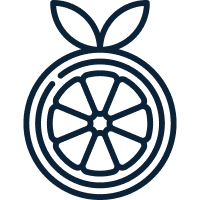 Flavored
Flavored
 Decaf
Decaf
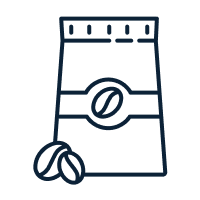 Packets
Packets
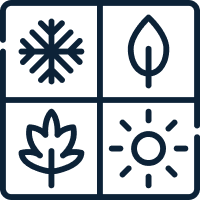 Seasonal Coffees
Seasonal Coffees

3 comments
I just bought a bag of decaf Southern pecan and was wondering what process do you use to decafinate your coffee?
What process do you use to decaffeinate your coffee beans? What chemicals are used in the process?
I’ve been buying coffee from you for a long time. I have enquired previously about the acid in coffee. I believe I have an intolerance to the acid, but when I go to order I forget what you have said. I hope after reading this that I remember. I thought I remembered you writing that all your flavored coffees were (I was about to type ‘light’ but I wanted to type) dark. Oh MY! I like the Michigan Maple, but I don’t seem to feel to swift after I have some. I mistakenly ordered a large amount (5Lbs.) the last time, and I see a small bag (12oz.) of CAFE EUROPE , not opened yet, in the cupboard. I hope it’s dark brewed and not light. Well that should be enough to confuse anybody! I wish I could find a good tasting coffee that didn’t make me uncomfortable. Thank you